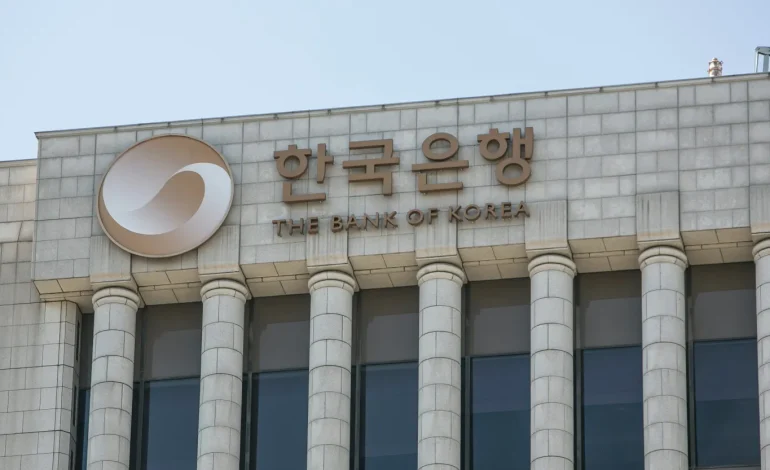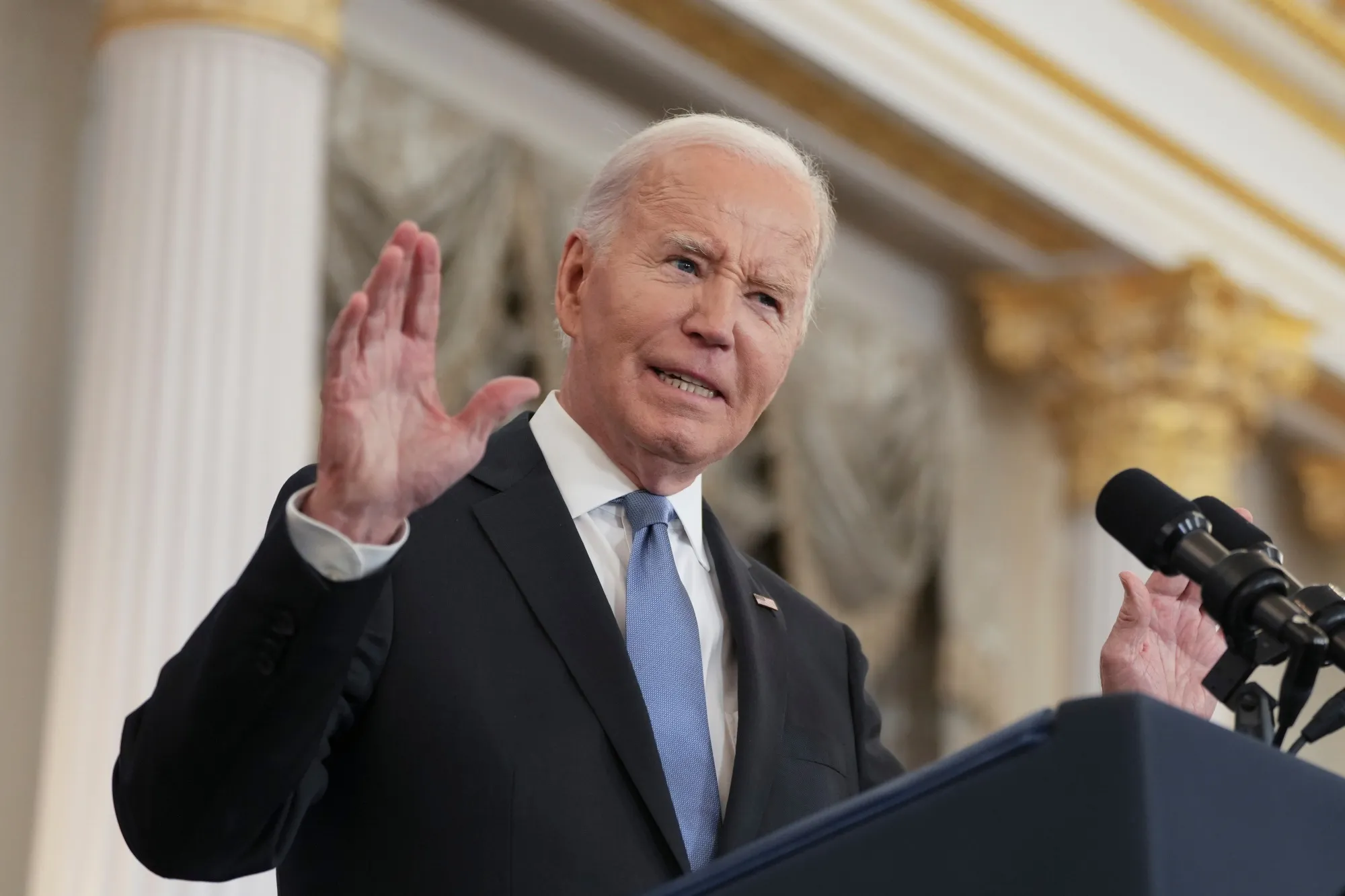Chinese Stocks Decline Over 3% This Week as Investors Await Key Policy Briefing; Most Asia-Pacific Markets Follow Suit

Chinese stocks led a downturn in Asia-Pacific markets on Friday, influenced by declines in major Wall Street benchmarks as investors processed a persistent US inflation report.
The CSI 300 blue chip index in mainland China fell 2.77% to close at 3,887.17, marking a 3.25% decline for the week as a previously stimulus-driven rally began to lose momentum.
On Saturday at 10 a.m. local time, China’s Ministry of Finance is set to hold a press conference, which is highly anticipated to introduce a new fiscal stimulus package aimed at bolstering the economy. Although Saturday is a working day in China, the markets will be closed.
Investors across Asia also reacted to a recent decision by the Bank of Korea, which reduced its benchmark interest rate by 25 basis points to 3.25%, marking the first rate cut since 2020. This move concludes a multi-year tightening cycle that had pushed rates to a 15-year high in 2023. The rate reduction follows a decrease in South Korea’s inflation rate, which dropped to 1.6% in September—the lowest since early 2021 and below the central bank’s target of 2%.
Oil prices retreated after a more than 3% increase on Thursday, as households and vehicle owners ramped up fuel consumption ahead of Hurricane Milton. Concerns grew regarding escalating tensions in the Middle East and potential risks to Iranian oil facilities. Brent crude futures fell 0.35% to $79.11 per barrel, while US West Texas Intermediate crude declined 0.34% to $75.60 per barrel.
In Japan, the Nikkei 225 rose 0.57% to finish at 39,605.8, buoyed by gains in the financial and healthcare sectors. Conversely, the broader Topix index dropped 0.24% to close at 2,706.2. South Korea’s Kospi index ended slightly lower at 2,596.91, while the small-cap Kosdaq fell 0.59% to close at 770.87. Australia’s S&P/ASX 200 index decreased by 0.1% to 8,214.5. Markets in Hong Kong were closed for a public holiday.
Overnight in the US, the S&P 500 dropped 0.21% to settle at 5,780.05, while the Dow Jones Industrial Average fell 0.14% to finish at 42,454.12. The Nasdaq Composite declined by 0.05% to end at 18,282.05. The US consumer price index rose 0.2% month-over-month, bringing annual inflation to 2.4%, which was higher than the expected 0.1% monthly gain and 2.3% year-over-year rate.
Despite being the lowest annual inflation rate since February 2021, the figures raised concerns about the Federal Reserve potentially slowing future rate cuts. Global stocks moved sideways on Friday as the remarkable rally in Chinese shares paused, with investors holding back ahead of the upcoming fiscal stimulus announcement from Beijing.
European stock markets remained steady, while Wall Street futures were also flat. The MSCI index of Asia-Pacific shares outside Japan concluded the week with a loss following four consecutive weeks of gains. The global stock index is nearing record highs after volatility earlier this summer, linked to fears of a US recession, subsided with the Federal Reserve’s first rate cut in this cycle, which saw borrowing costs reduced by 50 basis points.
That initial round of US easing allowed China to implement monetary support measures without further pressure on the weakened renminbi. The Ministry of Finance in Beijing has indicated plans for significant fiscal stimulus, expected to be detailed at Saturday’s press briefing. Ting Lu, chief China economist at Nomura, noted that markets are “laser-focused” on the outcome but warned that the finance ministry might not disclose specifics on spending and bond issuance requiring approval from the National People’s Congress.
Investors worldwide are hopeful that China’s next moves will boost activity across various sectors, including Australia’s iron ore mines and luxury goods markets in London and Paris. However, the effectiveness of any measures announced may depend on the Federal Reserve’s ongoing rate decisions.
Data also showed that core US consumer prices rose 0.3% in September compared to August, suggesting the central bank may have provided more relief than necessary for an economy that is still performing well. Nevertheless, money markets still assign an 80% probability to a 25 basis point rate reduction on November 7, following recent data indicating a surge in weekly jobless claims and economic concerns stemming from severe hurricanes.
In terms of volatility, the US dollar maintained stability on Friday, reaching two-month highs overnight as traders adjusted their expectations regarding future rate cuts. Florian Ielpo, head of macro at Lombard Odier Investment Managers, indicated that recent gains in equities can be attributed to both lower interest rates and economic stimulus from China. He cautioned, however, that persistent inflation could exert temporary upward pressure on US interest rates.
The yield on the sensitive two-year US Treasury bond has increased for two consecutive weeks, although it eased by 3 basis points to 3.7943% on Friday. The benchmark 10-year yield decreased by 2 basis points to 4.073% but remains significantly above its early September level of approximately 3.6%.
In Europe on Friday, the Stoxx 600 share index remained flat, still close to its 52-week high as investors concentrated on the prospect of monetary easing by the European Central Bank (ECB) rather than an economic slowdown across the eurozone. The ECB is widely expected to lower its deposit rate again next week, following a previous cut, with Germany’s 10-year Bund steady at 2.26% and significantly below the eurozone deposit rate of 3.5%.
In other market news, Brent crude oil decreased by 1.2% to $78.45 per barrel, having surged approximately 4% overnight amid increased fuel demand due to Hurricane Milton and heightened risks to Middle Eastern supply. Gold prices rose 0.6% to $2,644.69 per ounce.
Chinese stocks experienced early declines on Friday as investors awaited details on potential new stimulus measures from the Ministry of Finance at a scheduled policy briefing. The CSI 300 Index dropped as much as 1.6% following an increase on Thursday, resulting in a decline of approximately 2% for the week. Hong Kong’s equity market remained closed for a holiday.
Chinese shares have fluctuated throughout the week as traders reacted to disappointing holiday spending data and messages from state economic planners, while remaining hopeful for Saturday’s press conference. There is considerable concern that the recent stock rally could reverse if the measures announced by the Ministry of Finance fall short of market expectations.
Investors and analysts anticipate that China may announce up to 2 trillion yuan (approximately $283 billion) in new fiscal stimulus, based on a survey of 23 market participants conducted by Bloomberg. Many expect China to issue more government debt to finance public spending through the end of next year, with special bonds likely being the primary method.








